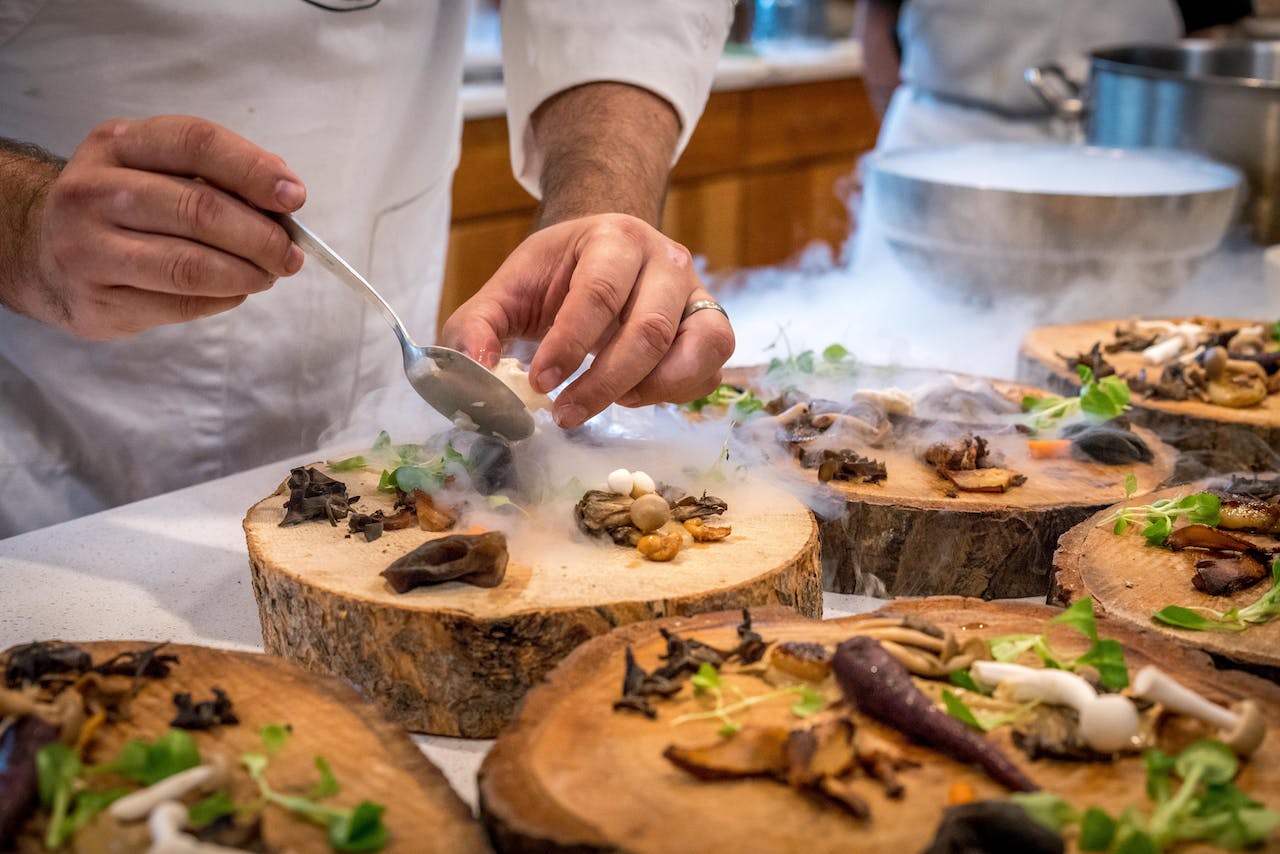Unveiling the Art of Blacksmithing
Aspiring to become a professional blacksmith opens the door to a world where raw metal transforms under the rhythmic dance of hammer on anvil. In this comprehensive guide, we delve into the nuanced techniques, time-honored traditions, and the indispensable tools that define the blacksmith’s realm. Among these essential tools, the blacksmith bellows stand as a symbol of both elemental force and precision, breathing life into the forge’s flames. If you find yourself drawn to the mesmerizing dance of fire and metal and have a burning desire to master this age-old trade, look no further. Here are the steps to help you become a professional blacksmith.
Understand the Craft
 Before diving into the world of blacksmithing, it’s essential to familiarize yourself with the craft. Read books, watch videos, and explore online resources to learn about the history, techniques, tools, and materials used in traditional and modern blacksmithing. Familiarize yourself with the different types of blacksmithing, such as bladesmithing, artistic blacksmithing, or architectural ironwork, to determine your areas of interest.
Before diving into the world of blacksmithing, it’s essential to familiarize yourself with the craft. Read books, watch videos, and explore online resources to learn about the history, techniques, tools, and materials used in traditional and modern blacksmithing. Familiarize yourself with the different types of blacksmithing, such as bladesmithing, artistic blacksmithing, or architectural ironwork, to determine your areas of interest.
Seek Knowledge and Training
Acquiring practical experience and knowledge is vital for becoming a skilled blacksmith. Consider attending workshops, joining local blacksmithing guilds, or enrolling in classes or apprenticeships offered by experienced professionals. These opportunities will provide hands-on training, allowing you to develop your skills, understand the nuances of the craft, and gain insights into the industry.
Set up a Proper Workspace
Creating a functional and safe workspace is crucial for any budding blacksmith. Set up a dedicated area with proper ventilation, suitable lighting, and sturdy workbenches. Invest in essential tools such as a forge, anvil, hammer, tongs, and various other hand tools required for shaping metal. Safety should always be a priority, so make sure to wear protective gear like gloves, safety glasses, and fire-resistant clothing while working.
Master the Fundamentals
To become a proficient blacksmith, you must master the fundamental techniques of the trade. Start by practicing basic skills like drawing out, tapering, bending, and twisting metal. Become familiar with different types of heat, such as forging, annealing, and quenching. As you progress, experiment with different materials like steel, wrought iron, and non-ferrous metals to expand your knowledge and skill set.
Embrace Continuous Learning
Blacksmithing is an art that constantly evolves, so never stop learning and honing your craft. Attend workshops, seminars, and conferences to learn from experienced professionals and stay updated on new techniques and trends. Network with other blacksmiths, join online forums, and engage in discussions to share knowledge and gain inspiration from fellow artisans.
Develop a Unique Style
While learning the traditional techniques is important, don’t be afraid to develop your unique style as a blacksmith. Experiment with different designs, motifs, and finishes to create distinctive pieces that reflect your creative vision. Developing a signature style will not only set your work apart but also establish your identity as a professional blacksmith.

Market Your Craftsmanship
Once you feel confident in your skills, it’s time to showcase your work and attract clients. Create a portfolio or website to display your projects, share your journey as a blacksmith, and market your services. Participate in local craft fairs, exhibitions, or art shows to gain exposure and build a network within the industry.
Conclusion
Becoming a professional blacksmith requires dedication, practice, and a burning passion for the art form. By immersing yourself in the craft, seeking education and training, and continuously refining your skills, you can forge a fulfilling career as a blacksmith. Remember, patience and persistence are key to mastering this ancient craft, and always embrace the creativity and artistry blacksmithing offers. So, pick up your hammer and embrace the fiery path toward becoming a professional blacksmith.…



 Passion is the secret ingredient of every successful culinary professional. Ask yourself if you genuinely enjoy cooking, experimenting with flavors, and exploring new ingredients. A culinary career demands dedication, hard work, long hours, and continuous learning. Assess your commitment to the craft and evaluate if you are willing to invest the time and effort required to thrive in this dynamic industry.
Passion is the secret ingredient of every successful culinary professional. Ask yourself if you genuinely enjoy cooking, experimenting with flavors, and exploring new ingredients. A culinary career demands dedication, hard work, long hours, and continuous learning. Assess your commitment to the craft and evaluate if you are willing to invest the time and effort required to thrive in this dynamic industry.
